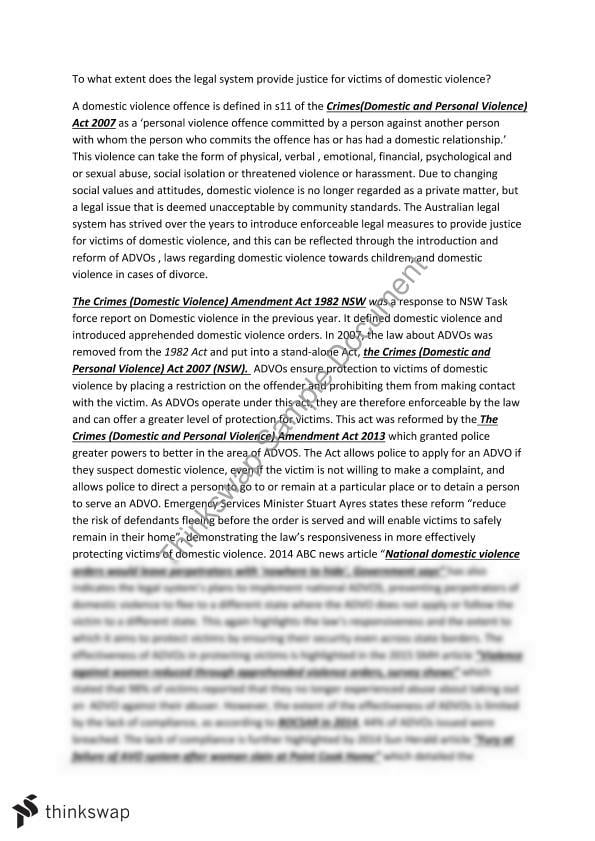The Dumbest Generation Mark Bauerlein Pdf To Jpg
We are the leaders of tomorrow, man, and don’t we deserve it!
With The Dumbest Generation, Mark Bauerlein emerged as the. Book downloads in PDF. Generation Text Mark BauerleinSince then, the United States has experienced unprecedented wealth, more youth enrolling in higher education than ever before, and technology advancements far.
We’re the first generation to grow up using the Internet and personal computers, after all, and the first generation to enjoy unparalleled access to the accumulated wealth of human knowledge through Google, online newspapers, searchable libraries, and Wikipedia. We’re also history’s most educated generation by far, with greater and greater numbers of young Canadians enrolling in university every year, as the BA becomes an obtainable milestone — if not outright expectation — of an ever-increasing percentage of high school grads. We’re richer too, and benefit from uniquely supportive and tolerant parents, themselves the heirs of the last great generation of scientific progress and intellectual advancement.
- Generation Text: The dark digital ages: 13-17. The rate rises to around four out of five for teenagers; that’s a 36 percent increase over the previous three years, which means that these tools have swept into young people’s lives with the dispatch and coerciveness of a youth fad (like Pokemon and Harry Potter).
- The Dumbest Generation Mark Bauerlein Pdf Creator 5,0/5 3942 reviews That is, if you even bother to finish. If you are perusing this on the Internet, the big block of text below probably seems daunting, maybe even boring.

Yup, with unprecedented technological skill, above average levels of education, and thoroughly enviable networks of wealth and support, no prior generation has ever been quite so well-informed, quite so tech-savvy, or quite so . . . well, smart. Who better equipped to forge a new golden age of innovation and enlightenment?
So goes the conventional wisdom, at least. Doubtless you’ve heard similar breathless prognostications from the many self-proclaimed techies and trendspotters who crowd the world’s airways and column spaces with their giddy youth-watching.
The only problem is it’s not true.
Far from being a bunch of brainiac-leaders-in-waiting, the actual evidence, as opposed to the anecdotal wishful-thinking of a few hopeful futurists and technophiles, overwhelmingly suggests that those of us raised in the late 80s and early 90s may in fact be one of the dumbest demographics alive. Dumb to the point where we may ultimately prove ourselves incapable of sustaining civilization, let along reinventing it.
This was the argument espoused in Mark Bauerlein’s controversial 2009 exposé of the under 30 set, unsubtley titled The Dumbest Generation. Drawing on a mountain of statistics, including polls, academic investigations, and government studies, Bauerlein reached the unflattering conclusion that despite all our high hopes and fancy gizmos, our generation actually reads less, learns less, understands less, and in general just cares less about anything beyond ourselves, or our few vapid and self-indulgent pastimes.

Mark Bauerlein Articles
To condense a lengthy argument, Bauerlein found that, in general, most Americans under 30 only posses the bare minimum of skills and knowledge necessary in order to sate some selfish, short-term impulse for sensory gratification, most commonly entertainment and socializing. Education, likewise, has evolved in strange and permissive ways over the last few decades, and the output of more knowledgeable students has rarely been the result.
Teachers and professors want to be our friends, or at best, are petrified with fear of our friend-parents, who defensively go to war with any educator who dares imply little Jenny is anything less than brilliant. Failing has become a thing of the past in many high schools, and the whole idea of skipping or flunking grades based on skill — an exceedingly mainstream practice in our parents’ time — is now a weird anachronism. At university, students argue without a hint of irony that plagiarism should be legal, and write essays about their favorite TV shows and video games, rather than explore history, literature, or philosophy. The cliché that many of our degrees are now “worthless” outside of the university halls isn’t just a reflection that a six-year major in Oprah Studies was not the best time investment; employers know that passing through post-secondary really reveals less than ever about a grad’s skills, competence, or professionalism.
Mark Bauerlein Bio

Christianity has not escaped our generation unscathed, either. Sonicwall registration transfer. Young adults — even the nominally devout — often don’t know or care what particular denomination their family hails from, and can be hard-pressed to articulate even the basic doctrinal differences between groups as broad as Protestants and Catholics, let alone more esoteric matters, like figuring out what “covet” means. In place of any serious engagement with faith’s intellectual traditions and history, pop-culture fun like rock concerts and iPhone games have filled the void, as religion is reduced to merely one more pretext to hang out with friends and practice hobbies.
Obviously these are breezy summaries, and obviously you can conjure up no shortage of impressive young adults who reject each one of these stereotypes. Yet in a society governed by the market, it’s the tastes of the majority that matter, and if Internet page counts, TV ratings, book sales, and mall layouts are any indication, the majority overwhelmingly favors the flashy and superficial over the mature and weighty. The question thus becomes whether the small minority of us who see a problem with our peer culture will be motivated enough to push back, or whether we too, will ultimately be content to just go with the flow.
Photo by (Flickr CC) Bruno